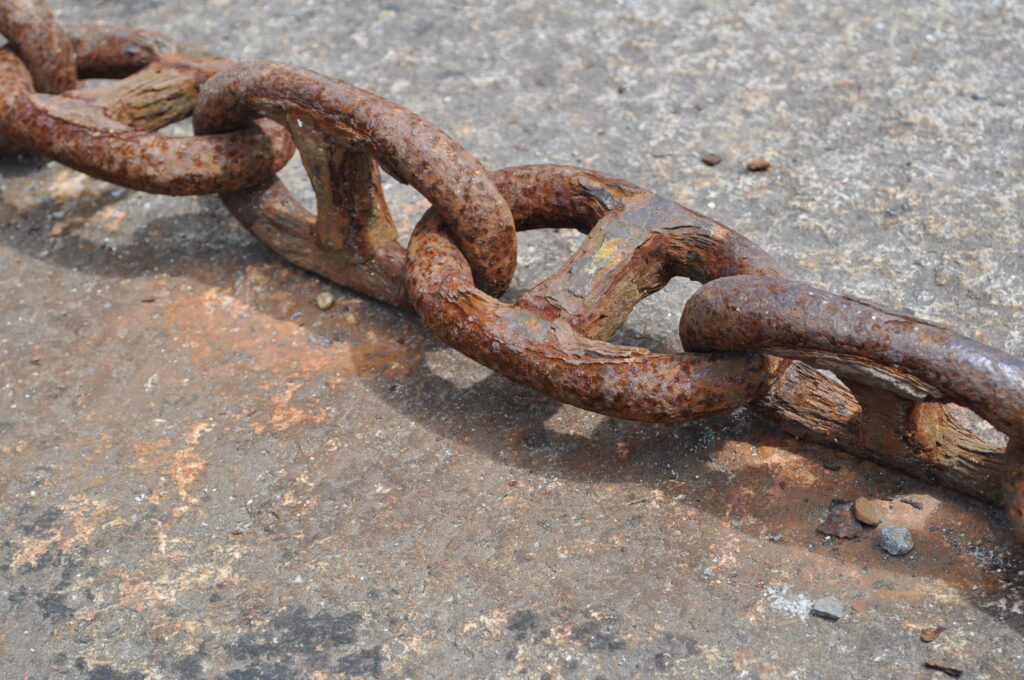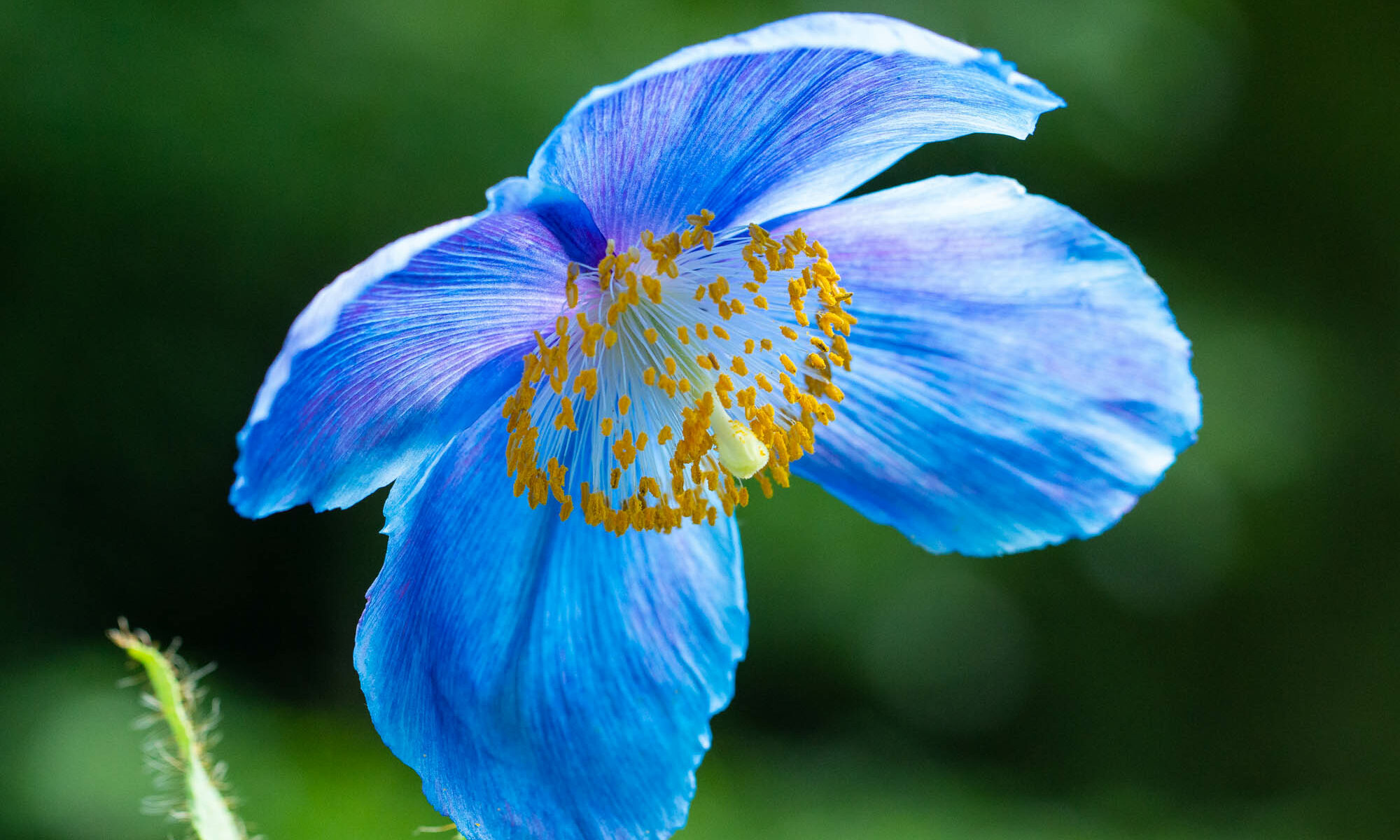
February is a curious month. By now, in the northern hemisphere, it’s been winter for a long time. And in mid-February love and death sit side by side in the calendar. On February 14th it’s Valentine’s Day. On the 15th, it’s the day of the Buddha’s death, Parinirvana, or the final Passing Beyond of the Buddha.
Every year I notice this strange pairing-up. Love Day; Death Day. And the latter is a minority event. Not even every Buddhist celebrates the festival of the Buddha’s last day, his passing beyond life. It’s a festival that’s full of stories and there’s a tender account of the Buddha dying: an old man of 80-something, he knew he was at the end of this life. So he told his people that his time was short, and lay down on the ground in a place he’d specially chosen. He lay down on his side, between two tall and beautiful trees, happy to be in the open air, having lived a mostly outdoor life.
A lot of the meaning in this festival is hard to understand, but the central image is simple. An elderly man lies down. He feels his life-force ebbing away. For him, the tide is slipping out for the very last time, down a long, sloping shoreline. We don’t know where the end is, until the last breath goes out, and then – no more breathing in. We’ve all known something similar, or known someone who’s known it. Not the death of an enlightened spiritual leader, but certainly the death of an elder. If we weren’t present right at the end, then maybe we were there a few hours after such a death. Or we’ve know someone who was.
And it’s funny how this day of letting out, letting go of the last out-breath of the Buddha happens the very next day after all the red hearts, the roses and romance. I like this coincidence, although it’s challenging. Whether you love, loathe or can’t be bothered with Valentines Day, the very next thing is death. We CAN avoid romance if we choose to, but not dying. In the end, dying will become our own personal business.
Today I found myself remembering the night my Grandfather died. I was nine years old and I travelled through the night with my mum to see if we could get there, to his hospital ward, on time. It was a 12 hour journey, and normally we’d go by car and ferry. On this night we flew. I remember an episode of ‘The Professionals’ on a TV screen in the airport as I sat on a row of vinyl seats. I remember this tense, focused, directed plan – intense and yet somehow spacious. It was a long, long trip. We were travelling in the dark and we couldn’t force the flight and rail connections to carry us any faster.
The taxi in Dublin, the terse voice of the driver, asking questions just to fill the incipient silence. Heuston Station after-hours, all the passengers gone home. Eerie. We sat in the Station Master’s office with it’s small cast-iron fireplace in the corner; a small curving arched-shape over coals. His wooden desk and electric kettle, dirty mugs high up on a filing cabinet. It was sometime after 1am; the wee small hours. My mother speaking on his heavy telephone to the hospital, or my family – I don’t know… I only heard one-way. Daddy, she called him. He’d died somewhere along our journey. And there was the wooden desk, and the tea. And that station master’s reverent quiet as she talked. Earlier he’d had timetables and charts. Now he was listening, quite still.
In the hospital, some hours later, we stood beside him; a man in his 80s, lying out upon a bench. His face was colder now than I’d known it, and his eyes were resting shut. There was a paleness and strangeness to his skin. Lying on his back; this was Grandpa. So familiar to me and so completely changed. I hardly remember my mum at this point, but I remember her saying “Daddy” which was a comfort in that oddity, a gentle anchor for me as the tide of his being passed far out beyond my view.
That was forty years ago, those fragments. They’re not the same as the death of the Buddha, although every death has a sameness about it. There’s a shock when it becomes true, no longer just a thought we’d had. And for me personally, if I think I’ve understood a death, I’ve probably just skated its surface. It’s not easy to understand love. It’s not easy to know death. But they sit beside each other, like in the calendar of February. And sometimes I notice them, and mostly I do not.
